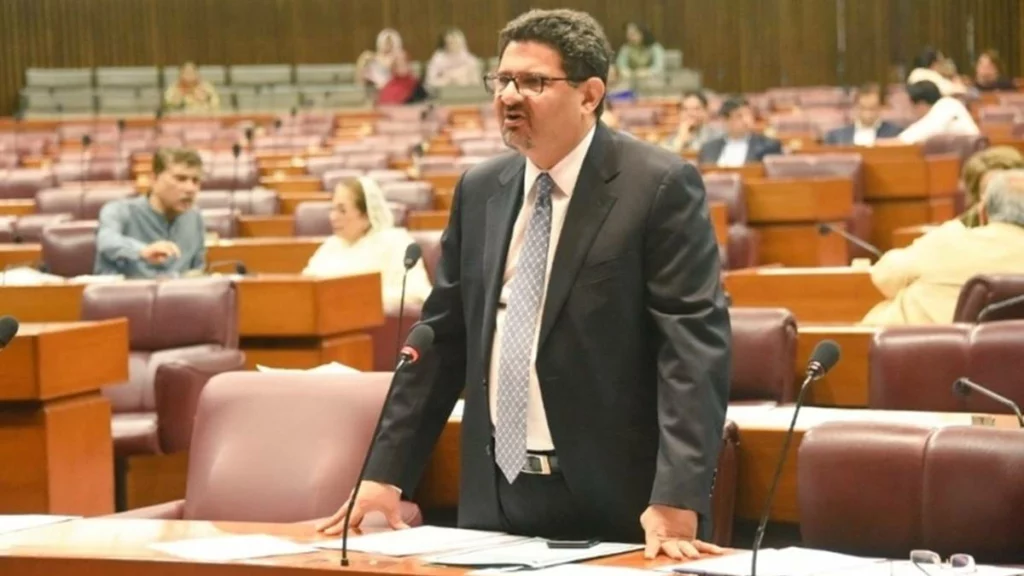The National Assembly (NA) on Wednesday approved the revised budget of Rs. 9.9 trillion for fiscal year 2022-23 (FY2022-23) with some adjustment in the form of additional taxes that are expected to generate Rs. 466 billion.

On June 10, Finance Minister Miftah Ismail had presented the budget with an outlay of Rs9.5 trillion and the government had provided some tax reliefs for the salaried class. However, the government had to slowly withdraw the relief measures after pressure from the International Monetary Fund (IMF).
The measures included income tax relief for people earning up to Rs. 100,000. However, the government withdraw the relief measures and revised the income tax slab. According to the revised budget, the government has imposed a tax rate of 2.5% for monthly income Rs. 50,001 to Rs. 100,000, while those earning over Rs. 100,000 to Rs. 200,000 on monthly basis will pay an annual fixed tax of Rs. 15,000 in addition to 12.5% on amount exceeding Rs. 100,000 on their monthly salary.
Furthermore, those earning over Rs. 200,000 to Rs. 300,000 per month will have to pay an annual fix tax of Rs. 165,000 in addition to 20% on amount exceeding Rs. 200,000 on their monthly salary. Moreover, those earning a monthly income over Rs. 300,000 to Rs. 500,000 will pay a fixed annual tax of Rs. 405,000 plus an additional 25% on the amount exceeding Rs. 300,000 on their monthly salary.
The tax rates increase significantly beyond this point as people earning over Rs. 500,000 to Rs. 1,000,000 per month will pay Rs. 1,005,000 annual fixed tax with an additional 32.5% on the amount exceeding Rs. 500,000 on their monthly salary. Meanwhile, those earning over Rs. 1,000,000 will pay Rs. 2,955,000 annual fixed tax plus additional Rs. 35% on amount exceeding Rs. 1,000,000 on their monthly salary.
Moreover, the revised budget also includes a new 10% super tax on 13 big industries, including cement, steel, banking, airlines, textiles, automobile assembling, sugar mills, beverages, oil and gas, fertilizers, cigarettes, chemicals, and LNG terminals.
The government has also announced the imposition of Rs. 50 per litre petroleum levy on POL products. According to the details, the petroleum levy will be imposed gradually over the next couple of months. However, this will lead to increased inflation and more burden on the population.
Read more: Petrol Prices in Pakistan Expected to Increase From July.









